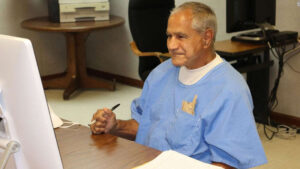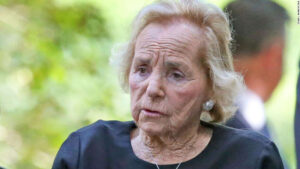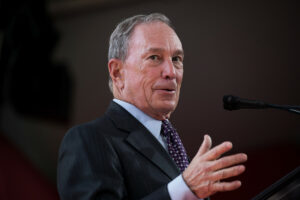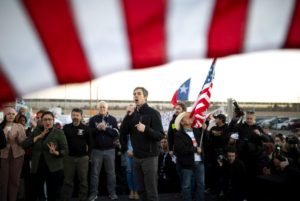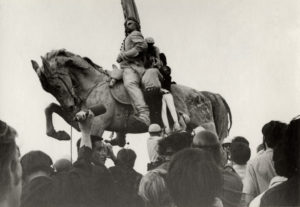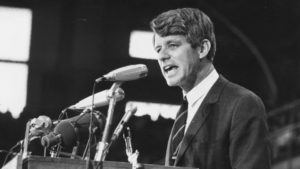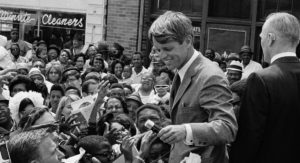I am going to revisit briefly an observation I made about the presumed frontrunner for the 2024 Republican Party presidential nomination.
I said a good while ago that I wasn’t sure the 45th POTUS would be the nominee. I want to reiterate that view.
The Iowa caucus begins Monday. The weather statewide is hideous. Temps will be minus 15 degrees; wind chill is expected to drive it to 35 degrees below zero. Chris Christie has dropped out of the race. The GOP campaign is now down to just four challengers to the former Liar in Chief: They are Nikki Haley, Vivek Ramaswamy, Asa Hutchinson and Ron DeSantis.
Haley appears poised to pick up a good bit of late support now that Christie is on the sidelines.
What does any of this mean? Beats the bejeebers out of me.
The one-time POTUS is miles ahead in the latest polling. Big f***ing deal, as the current president once said to Barack Obama as the then-POTUS was set to sign the Affordable Care Act into law.
I keep hearing grumbling that even some of the ex-POTUS’s cultists are growing weary of his incoherent rants. Does it mean an upset is in the making? What about New Hampshire, which is having its primary. Remember what happened there in 1968.
President Johnson was seeking re-election. The Democratic primary took place and lo and behold, Eugene McCarthy, the anti-Vietnam War candidate, finished a close second to LBJ. On March 31, Johnson announced in a televised speech to the nation a suspension of the bombing of North Vietnam and then, in a stunner, announced: “I will not seek, and will not accept, the nomination of my party for another term as your president.”
Thus, there is ample room for more surprises this time out.
I would be amazed if the 45th POTUS suffers a proverbial near-mortal wound as he seeks to shed the weight of upcoming criminal trials … but not terribly surprised.
If only …
